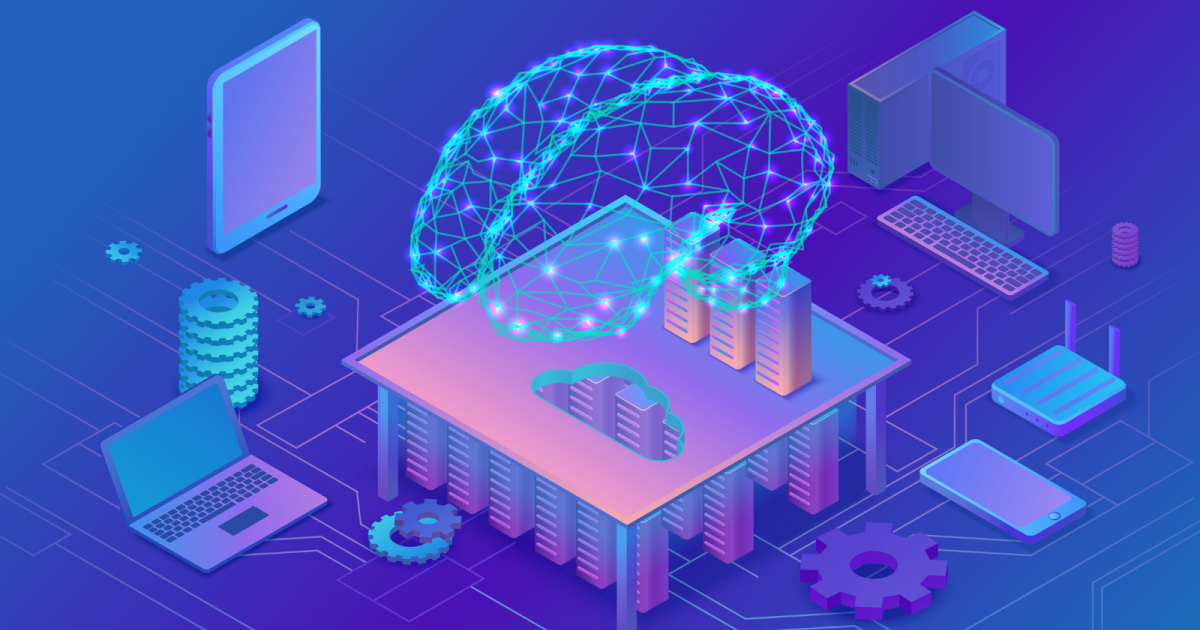Four skills that won't be replaced by Artificial Intelligence in the future
There are certain skills that are unlikely to be replaced by artificial intelligence (AI) in the future. These skills are typically those that require human qualities such as creativity, empathy, and judgment.
Some examples of skills that may not be replaced by AI include:
Creativity: While AI may be able to assist with certain tasks such as image recognition and pattern detection, it is unlikely to be able to fully replicate the creative process and produce truly original and innovative ideas.
Empathy: Empathy involves the ability to understand and share the feelings of others. This is a skill that is difficult to automate and is important in a variety of roles, including customer service, therapy, and social work.
Leadership: Effective leadership involves a combination of decision-making, communication, and interpersonal skills. While AI may be able to assist with decision-making, it is unlikely to be able to fully replicate the complex interpersonal dynamics of leading a team.
Strategic thinking: Strategic thinking involves the ability to analyze complex situations and develop long-term plans and goals. This is a skill that requires a deep understanding of the business and industry, as well as the ability to think creatively and adapt to changing circumstances.
It is important to note that the impact of AI on employment and the job market is likely to continue to evolve, and it is possible that some of these skills may become more or less valuable over time. However, it is likely that these skills will remain valuable in the long-term as they are difficult to automate and require human qualities that are unique to humans.
Creativity: While AI can assist with tasks such as image recognition and pattern detection, it is unlikely that it will be able to fully replicate the creative process and produce truly original and innovative ideas.
Emotional intelligence: AI may be able to recognize and respond to certain emotions, but it is unlikely to be able to fully understand and engage with them in the same way that humans can. This makes skills such as empathy, emotional intelligence, and the ability to build relationships and understand social cues particularly important.
Strategic thinking and problem-solving: AI may be able to analyze data and provide recommendations, but it is unlikely to be able to fully understand the context and implications of those recommendations in the same way that humans can. This makes the ability to think critically and strategically, as well as the ability to solve complex problems, particularly important.
Leadership and communication: While AI may be able to assist with tasks such as scheduling and communication, it is unlikely to be able to fully understand and engage with the nuances of human communication and relationships in the same way that humans can. This makes skills such as leadership, communication, and the ability to inspire and motivate others particularly important.

Comments
Post a Comment
If you have any doubts. Please let me know.